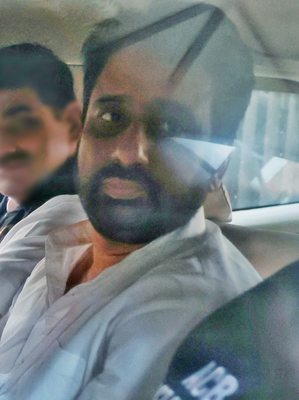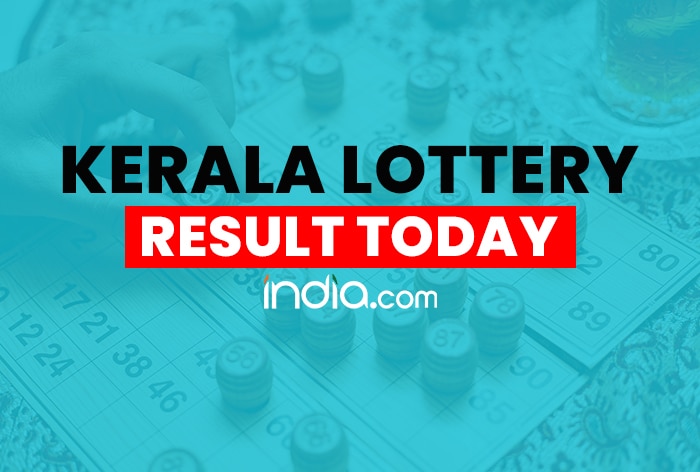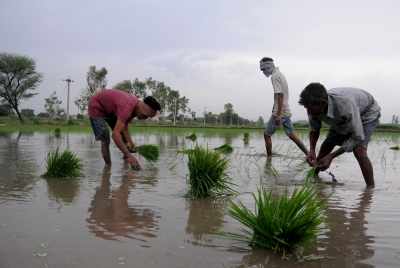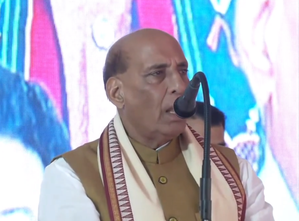BJP Sankalp Patra: MahaYuti gets boost for promotion of green power
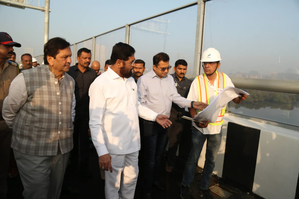
The MahaYuti government in Maharashtra received a major boost after the BJP in its Sankalp Patra (manifesto) proposed to increase renewable energy production, accelerate the renewable energy transition, increase green hydrogen production capacity and install smart meters.
The MahaYuti government has not only taken a slew of decisions but also launched the implementation for energy transition.
Maharashtra has become the first state to implement the world’s largest distributed solar programme for agriculture after it awarded Letters of Award to 95 project developers in March for a whopping 9,000 mw distributed solar capacity dedicated to supplying reliable day-time electricity supply to agriculture.
The proposed 9,000 MW capacity will be deployed in a distributed manner across the states covering 1,368 sub-stations and 5,293 agriculture feeders.
The state cabinet last month approved the borrowing of Rs 17,000 crore from the Asian Development Bank (Rs 8,109 crore) and Asia Infrastructure Development Bank (Rs 9,020 crore) to strengthen the network for the agriculture solar pumps across the state.
Maharashtra government also signed an MoU with the State-run NTPC Green Energy for the development of green hydrogen and its derivatives such as green ammonia and green methanol of up to 1 million tonne capacity per annum.
This is a part of the state government’s green investment plan for the next five years. The agreement envisages a potential investment of approximately Rs 80,000 crore.
The MoU also includes the creation of pumped storage projects of 2 gigawatts (GW) and the development of renewable energy projects with or without storage upto 5 GW in the state.
This initiative aims to provide 12 hours of uninterrupted power supply to farmers during the day. The government decision will enable 40 per cent of agriculture feeders to be driven by solar power by 2025.
The government’s decision is important as it gives power to farmers at a subsidised rate of Rs 1.25 per unit leading to an expenditure of Rs 13,000 crore.
Maharashtra has 1.6 crore farmers with 78 per cent under the low and marginal category. Solar power would help them not only in cost-effectiveness but also in working in fields after sunset.
Maharashtra government has also launched the Green Hydrogen policy for the production of green hydrogen – hydrogen created by electrolysing water. The policy is in line with the National Green Hydrogen Mission.
The cabinet has sanctioned funds to the tune of Rs 8,562 crore to provide subsidies and benefits to companies generating this green energy in the coming years.
The government aims to make Maharashtra a leader in green hydrogen and its derivatives ecosystem in the country, with a production target of 500 kilotons per annum of green energy by 2030.
As far as installation of smart meters is concerned the state-run Maharashtra State Electricity Distribution Company (MahaVitaran) has already awarded contracts worth Rs 13,888 crore.
The existing conventional meters of more than two crore consumers in the state will be replaced with prepaid smart meters. After the installation, customers will be able to decide how much to spend on electricity.

